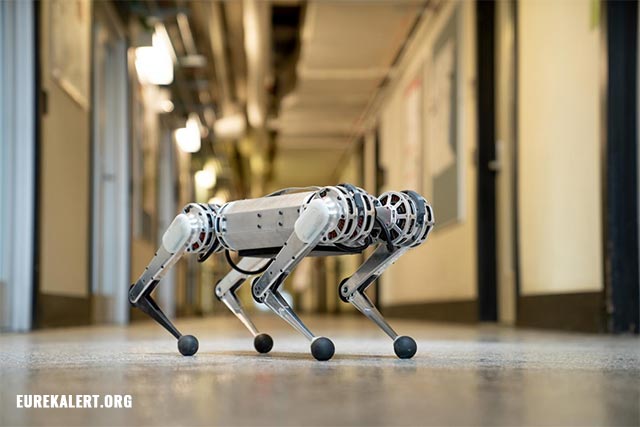
Chinese-born American immigrant You Xiaorong was convicted on April 22 for stealing trade secrets worth $120 million from several companies, including American firms. The 59-year-old, who is also known as Shannon You, was working alongside her Chinese associates to start a company in China using stolen BPA-free coating technology. Besides establishing this new company, prosecutors also argued that her purpose for stealing was to benefit the Chinese Communist Party (CCP).
After a 12-day trial, You was found guilty of conspiracy to commit economic espionage, conspiracy to commit trade secret theft, possession of stolen trade secrets, economic espionage and wire fraud.
You stole trade secrets related to BPA-free coating technology while working for two American firms – Coca-Cola in Atlanta, Georgia and Eastman Chemical Company in Kingsport, Tennessee. She was a principal engineer for global research at Coca-Cola from December 2012 to August 2017 and a manager at Eastman Chemical from September 2017 to June 2018. These positions gave her access to the BPA-free technology of several firms, allowing her to conduct the theft.
The stolen trade secrets cost almost $120 million to develop. They belonged to the Netherlands' AkzoNobel, Germany's BASF, Japan's Toyochem, and America's PPG, Sherwin Williams and Eastman Chemical, among others.
BPA, or bisphenol-A, is commonly used to line the inside of food containers to prevent flavor loss, corrosion and hazardous reactions with food and beverage. In recent years, many companies have turned to BPA-free coatings due to the potential health risks of the chemical. But developing these alternatives is expensive and time-consuming, witnesses from chemical companies said during the trial.
Immigrant colluded with Chinese corporations, CCP
Evidence presented during the trial indicated that You stole trade secrets to start a new BPA-free coating company in China. She was working alongside Liu Xiangchen, a 63-year-old man from eastern China's Shandong Province, as well as an unnamed relative of Liu.
Liu was charged at the same time as You in February 2019. He hatched the plot to steal American technology and use it to establish a firm that would make BPA-free packaging. In return for the stolen tech, he promised You an ownership share in the new company, prosecutors found.
You found a Chinese corporate partner in the Weihai Jinhong Group. According to a 2018 Chinese media report, the corporation agreed in 2017 to invest $26.58 million in the new company's production line. Moreover, it also sponsored the immigrant's application for the "Thousand Talents Plan," a CCP-backed recruitment program formed to entice foreign experts to work in the country.
Through the program, You would be rewarded $443,000 from the CCP, Shandong provincial government and Weihai City government for stealing BPA-free technology. At the same time, the production line also received $7.4 million in funding from those same governments, the report indicated.
The evidence presented during the trial, including You's Thousand Talents application documents, showed that the Chinese-born American intended to benefit not only WeiHai Jinhong Group but also the CCP, prosecutors argued. (Related: DOJ indicts two Chinese hackers, says Beijing now targeting COVID-19 research.)
You is due to be sentenced on Nov. 1.
CCP's policies encourage theft of American technology
This case was the latest in a string of prosecutions involving Chinese-sponsored theft of American intellectual property. On April 19, a Chinese hospital researcher was sentenced to 33 months in prison for stealing trade secrets from an Ohio children's hospital to sell in China. The researcher's co-conspirator was his Chinese wife, who was sentenced to 30 months in prison last February.
The pair started a company in China using stolen trade secrets. They received funding from state authorities and applied for several CCP-backed programs, including the Thousand Talents Plan. (Related: New report shows China using students to steal American tech.)
Adam Hickey, Deputy Assistant Attorney General of the DOJ's National Security Division, said in 2019 that China was implicated in more than 80 percent of economic espionage cases filed by the division since 2012. He said that the frequency of cases had been steadily rising in recent years. This increase might be due to an increase in reporting, he told CNBC.
However, the attorney noted that China's recent policies were also inherently problematic. Speaking about China's goal to reduce dependence on critical technologies, he said: "The issue isn't that China has set out to do that. It's that part of their industrial policy, part of the way they try to accomplish that, is state-sponsored theft or creating an environment that rewards or turns a blind eye to it."
Read more about China's theft of American tech at NationalSecurity.news.
Sources include:
Please contact us for more information.
















